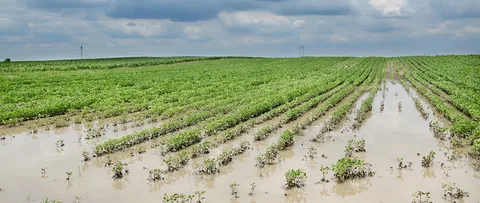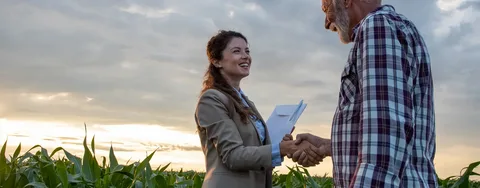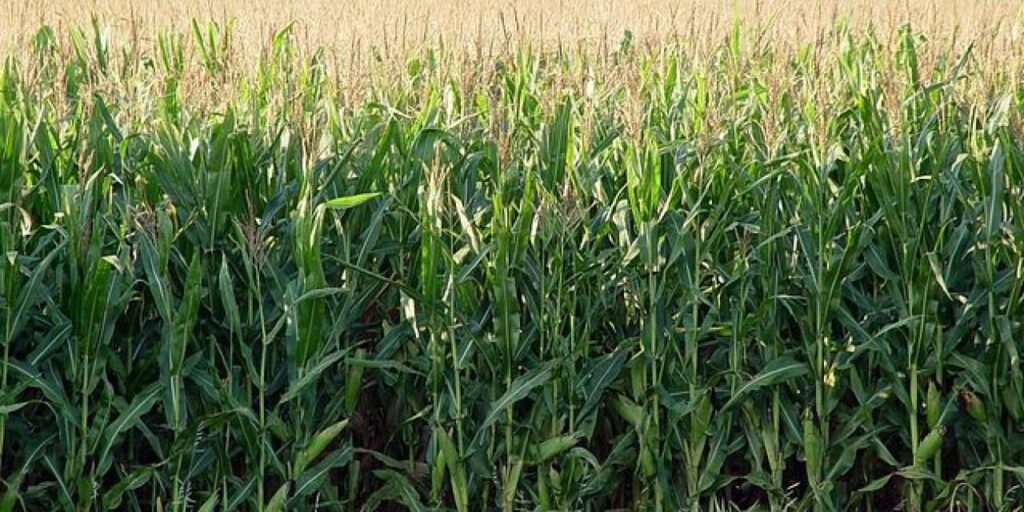Crop Insurance Deadlines 2024
Understanding Crop Insurance
Crop insurance is a vital safety net for farmers, protecting them against the financial risks associated with crop failure due to natural disasters, price fluctuations, and other unforeseen events. In 2024, understanding the deadlines and requirements for crop insurance is crucial for ensuring your farm’s financial stability.

Key Deadlines for 2024
March 15, 2024: Sales Closing Deadline
The most critical deadline for crop insurance in 2024 is March 15. This is the last day to purchase or make changes to your crop insurance policy for the upcoming planting season1. Missing this deadline means you won’t have coverage for your crops, leaving you vulnerable to potential losses.
April 29, 2024: Production Reporting Deadline
By April 29, you must report your production history to your insurance provider2. This information is used to calculate your coverage and premiums. Accurate reporting is essential to ensure you receive the appropriate level of protection.
July 15, 2024: Acreage Reporting Deadline
On or before July 15, you need to report the acreage you have planted2. This helps determine the amount of coverage you will receive. Failing to report accurately can result in reduced coverage or even denial of claims.
October 31, 2024: End of Insurance Period
The insurance period for most crops ends on October 312. This means that any losses occurring after this date will not be covered. It’s important to understand the specific end date for your crops to avoid any surprises.

Types of Crop Insurance
Multiple Peril Crop Insurance (MPCI)
MPCI covers a wide range of natural perils, including adverse weather, failure of irrigation water supply, insect damage, plant disease, and wildlife damage3. This type of insurance provides comprehensive protection against most risks farmers face.
Revenue Protection (RP)
Revenue Protection policies protect against a decline in market prices as well as yield losses3. This type of insurance is particularly useful for farmers who are concerned about price volatility in the market.
How to Choose the Right Policy
Choosing the right crop insurance policy depends on several factors, including the types of crops you grow, your risk tolerance, and your financial situation. Here are some tips to help you make an informed decision:
Assess Your Risks
Consider the specific risks you face on your farm. Are you more concerned about weather-related losses, or are market price fluctuations a bigger worry? Understanding your risks will help you choose the right type of coverage.
Compare Policies
Different insurance providers offer various policies with different levels of coverage and premiums. Take the time to compare policies from multiple providers to find the one that best meets your needs.
Consult with an Expert
If you’re unsure about which policy to choose, consider consulting with a crop insurance specialist. They can provide valuable insights and help you navigate the complexities of crop insurance.
Common Questions About Crop Insurance
What Happens If I Miss a Deadline?
Missing a deadline can have serious consequences, including loss of coverage and financial protection. It’s essential to mark these dates on your calendar and ensure you meet all requirements on time.
Can I Change My Policy After the Deadline?
Generally, you cannot make changes to your policy after the sales closing deadline. However, some exceptions may apply, so it’s best to check with your insurance provider for specific details.
How Are Premiums Calculated?
Premiums are calculated based on several factors, including your production history, the type of coverage you choose, and the level of risk associated with your crops. Accurate reporting of your production history is crucial for ensuring fair premium calculations.

Conclusion
Understanding the deadlines and requirements for crop insurance in 2024 is essential for protecting your farm’s financial stability. By staying informed and meeting all deadlines, you can ensure that you have the coverage you need to safeguard against potential losses. Don’t hesitate to consult with a crop insurance specialist to help you make the best decisions for your farm.
For more detailed information, you can visit resources like GreenStone FCS and Farm Progress to stay updated on the latest crop insurance news and updates.
Leave a Reply